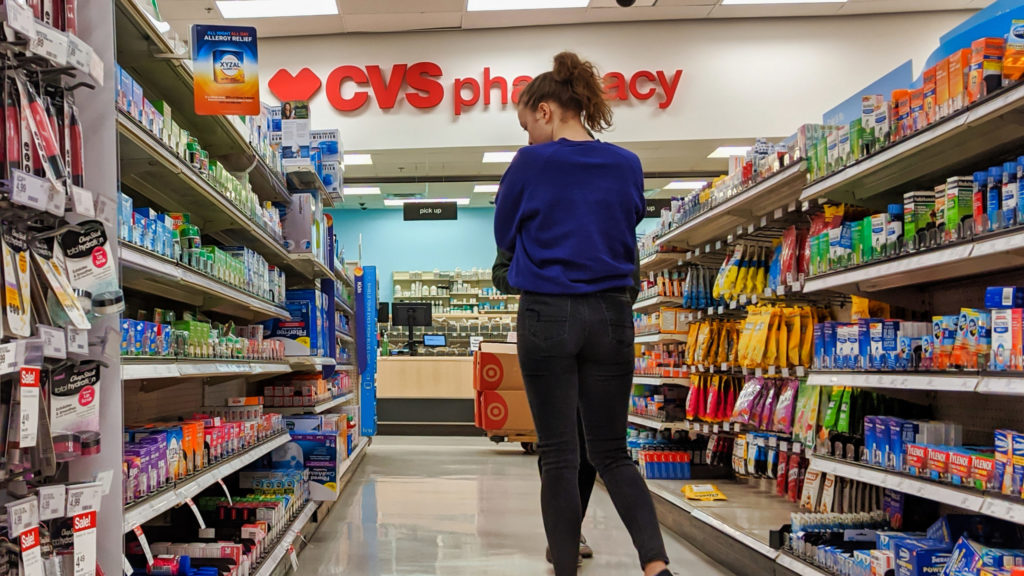Well over half of abortions in the United States now take place via RU-486, the so-called abortion pill. This percentage was likely to increase before the Dobbs decision, but with many states now doing more to protect prenatal justice by restricting abortion, the turn toward abortion via pill will almost certainly become even more dramatic. And sinister.
An October 2022 Washington Post story reported on the underground networks forming to get women abortion pills with little-or-no medical oversight. One “abortion doula,” for instance, apparently uses text messages to counsel women who are sent these dangerous drugs via such networks on how to take them.
One physician’s testimony, as recently quoted by the pro-life Charlotte Lozier Institute, is particularly haunting:
“I’ve performed at least a dozen surgeries on women who experienced complications when the abortion pills failed. I’ve cared for several women who took mifepristone and misoprostol and required blood transfusions or treatment for severe infections, and I’ve counseled women who experienced significant emotional distress after viewing the body of their easily identifiable child in the toilet.”
These networks often distribute the abortion pill several weeks after the FDA limit of 10 weeks of gestation, making the fact that a baby is killed in this process harder for more women to ignore. As even an abortion doula quoted in the Post story acknowledged, “I try to emotionally prepare them and say, ‘It’s going to look like a baby.’ ”
Significantly, because such abortions are now illegal in some states, women using these services must “figure out how to surreptitiously dispose of the remains.” The abortion doula said she “often sends a small amount of acid so the client can dissolve some of the fetus, and bury whatever is left.”
Some pharmacies, like Walgreens, will offer the abortion pill in some states — but will not in other states where it is illegal or otherwise unwelcome. That has provoked a significant backlash, including from Gov. Gavin Newsom of California, who has vowed not to renew the state’s $54 million contract with Walgreens. “California is on track to be the fourth largest economy in the world,” Newsom said, “and we will leverage our market power to defend the right to choose.”
But CVS, the country’s largest pharmacy chain, has not made such a pledge. That raises questions about whether they have caved (or will cave) to financial pressure from abortion extremists.
This itself should be enough for pro-life organizations to reconsider their relationships with companies like CVS/Caremark. But it’s not an isolated episode.
In 2018, the company also decided to use the disturbing “Quality-Adjusted Life Year” (QALY) metric for rationing their drugs, saying they “allow clients to exclude any drug launched at a price greater than $100,000 per QALY from their plan.” So if a drug, in their estimation, would only give a patient one more year of “perfect” quality of life, and it cost more than $100,000, it would be denied.
And this is even worse than it sounds — for the “quality adjusted” part means that whoever has power here can decide that a disabled life is worth less. Perhaps the person in need of the drug has Down syndrome or a massive head injury that has affected quality of life. The person in power could decide that this would be cause to deny such people drugs based on cost as well.
Say a “normal” person would likely live five more years with a particular drug — if that person were instead considerably disabled, then they could multiply those five years by, say, 0.2 (reflecting only 20% quality of life) and they would only get one “quality-adjusted” year into the system.
These horrific assaults on human dignity and fundamental human equality are such that any Catholic person or organization has a duty to cease formal relationships with CVS/Caremark if other options are reasonably available.
Many Catholic institutions, for instance, use them as their Pharmacy Benefits Manager — an unacceptably formal and intimate relationship. Sure, CVS does more than dispense the abortion pill and deny disabled people drugs. But Planned Parenthood does more than perform abortions and provide contraception — and Catholics would rightly never allow a formal and intimate relationship with them.
There are other options and organizations like the Catholic Benefits Association (in addition to helping protect the religious freedom of Catholic organizations more generally) that can help one find cost-effective access to benefits that avoid unacceptable moral entanglements.
Catholic organizations can do better. We must do better.

